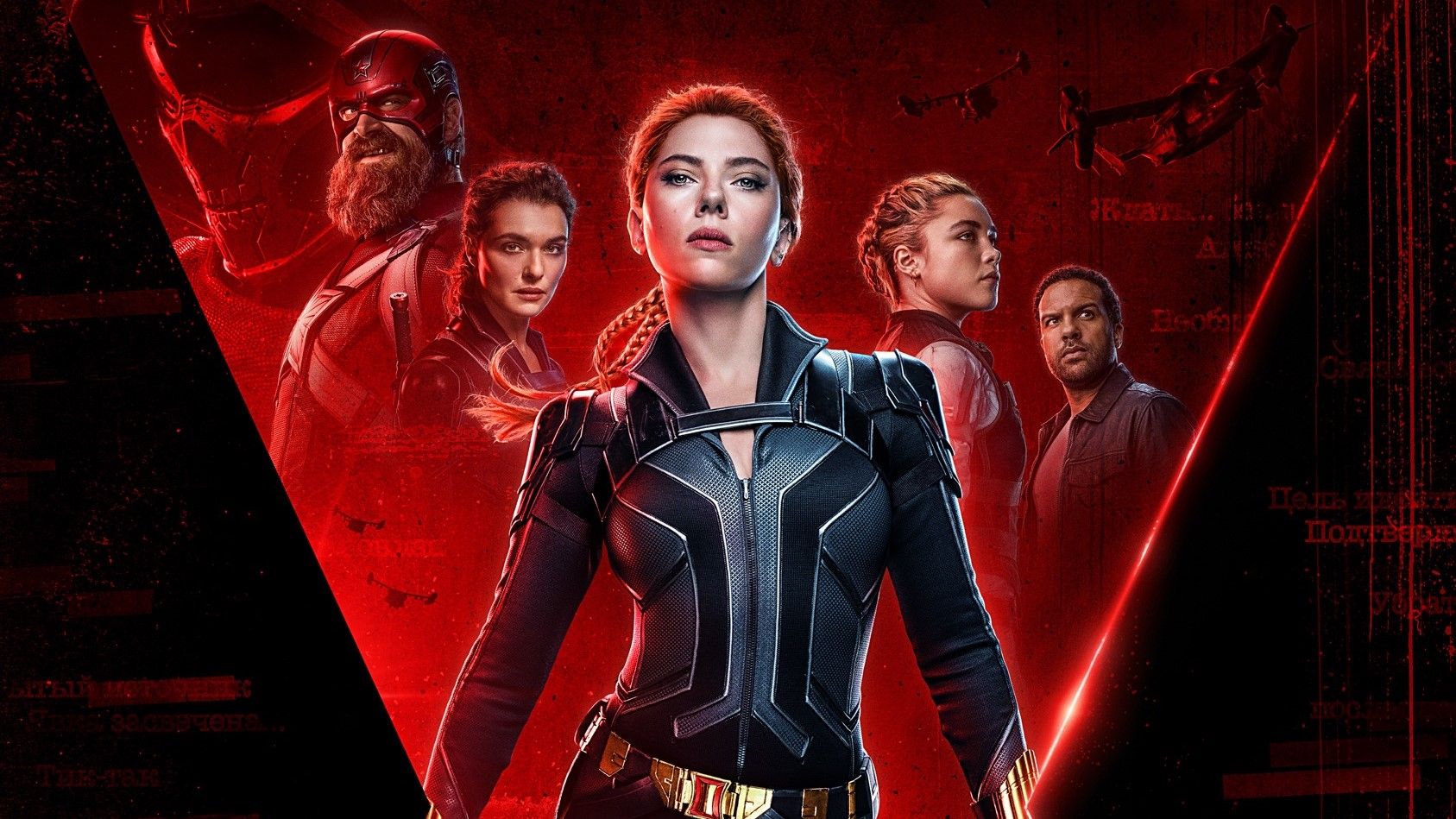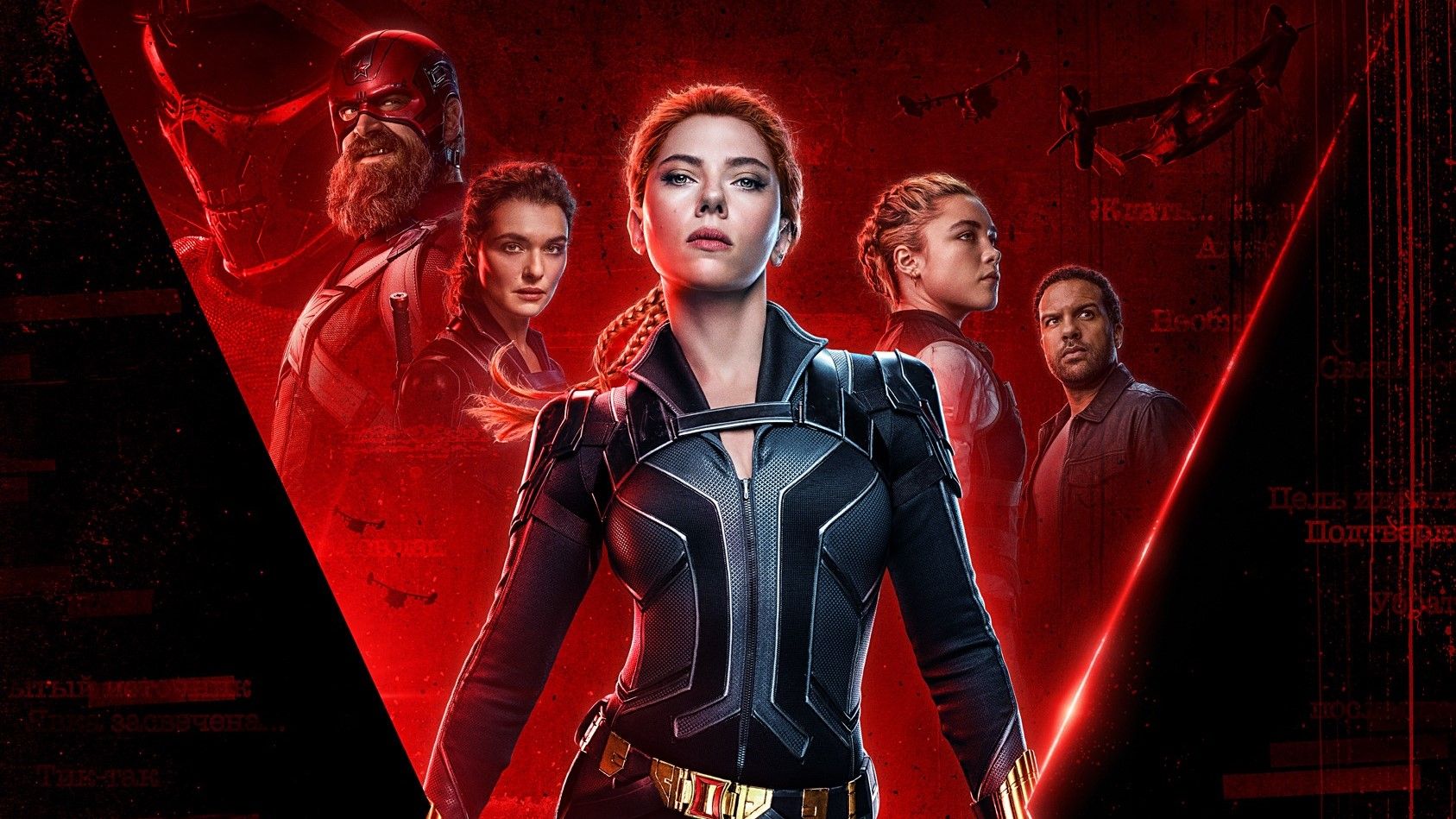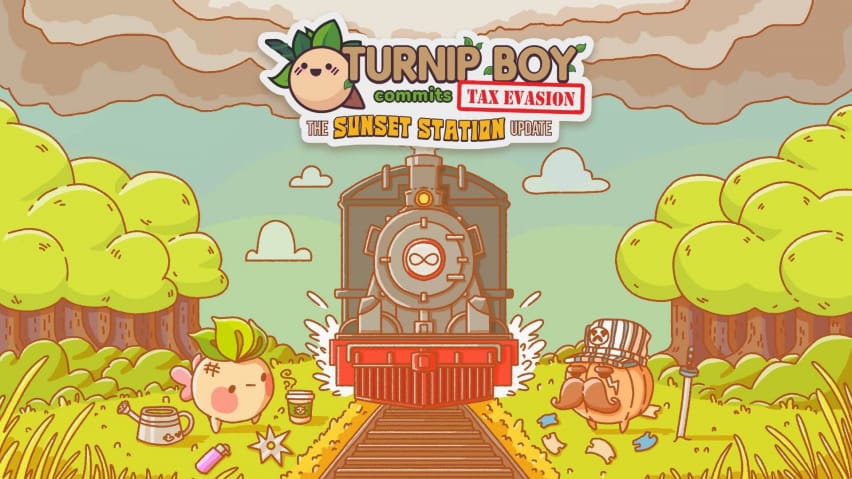
The MCU makes MCU movies. That sounds obvious, but I mean it very specifically. The DCEU, for example, does not make DCEU movies. Matt Damon doesn’t make Matt Damon movies. DCEU movies tend to be at least 20 minutes longer than they need to be, dark in terms of both lighting and narrative, and – rather obviously – about DC characters, but there’s no collective identity. In fact, a lot of the time, it feels like they’re trying to make grittier MCU movies. Marvel however is more cohesive, and Black Widow shows why that’s a blessing and a curse.
There is a danger of the MCU becoming predictable, and we’re seeing it play against type. Typically, the MCU avoids origin stories – even when a new character is being introduced, it’s rare we see them getting bitten by a radioactive spider. They also tend to feature smaller action scenes throughout, a big action scene at the end, are peppered with jokes to take the edge off any tension, and are filled with likeably naive or socially awkward characters.
Related:
I'm Not Ready For Chadwick Boseman's Last Performance As T'Challa In What If…?Finally, they tend to include diametrically opposed villains and end in a symmetrical battle. Iron Man, Iron Man 2, Captain America, Captain America: The Winter Soldier, Black Panther, Ant-Man, and most recently, WandaVision have all dabbled in this technique explicitly, while others have riffed on it but largely kept to established conventions. It's why Captain Marvel's decision not to fight at the end of her debut works – we all expect this showdown, so her decision to avoid fighting on a man's terms has more weight. In Falcon and the Winter Soldier, we're deceived into thinking Falcon will have his climactic encounter with John Walker, although the twist that nothing happens at all doesn't feel like a worthy replacement when the moment is clearly being saved for his return in Cap 4.
Story spoilers follow for Black Widow

In Black Widow, I expected some sort of heel turn from Yelena, with Scarlett Johansson and Florence Pugh duking it out as they go Widow to Widow with each other. The post-credit scene suggests we still may get a heel turn of sorts, but it won't be as forced as Widow v Widow. When the pair first meet, they do clash violently, but it comes so early in the film that it doesn't feel like your typical MCU-fare and instead acts as a good way to break the immediate tension between the pair while establishing a base level of mistrust and animosity.
This is how everything goes in Black Widow. It's not my favourite MCU movie, but it's one that understands how to be one, and how to do just enough to remain in the family while bringing in fresh ideas. Humour is still used to undercut drama, fights are still shot from close angles to further exaggerate the rapid choreography, Yelena's origin is folded into the fabric of the story naturally, and it ends in a way that deliberately and clearly sets up what comes next.
However, it's not entirely an MCU movie. Not in the way that Avengers or Iron Man Endgame is. It's part spy movie, with the first half of the film clearly taking cues from '70s spy thrillers The Long Goodbye, The Parallax View, and The French Connection, as well as their modern day incarnations like Atomic Blonde, Taken, and Killing Eve. This fresh inspiration – while never forgetting what it truly is – helps Black Widow elevate itself. This is a solo movie about a character who has already died, and only Marvel's second female-led flick for its first female hero who debuted over a decade ago. It's fair to say this movie has come a little late, but by being able to branch itself out like this, perhaps it came at exactly the right time.

WandaVision is the most obvious example of this technique, with each of the opening episodes a pastiche of the sitcoms of various eras. Thor: Ragnarok meanwhile was a genuine comedy – not just funny in places, but clearly bringing in ideas from Waititi's comedic, absurd filmography. Spider-Man: Homecoming takes beats from '80s high school movies. Ant-Man toys with being a heist movie but never quite gets there. Captain America: The Winter Soldier, clearly aping political thrillers like All The President's Men, was probably the first to do this. Captain America: The First Avenger, while set during the Second World War, never acts like a war movie. It's not just the setting or the events, it's the genre conventions, after all.
That 'an MCU movie' is now so recognisable a genre its closest rival can be accused of copying is clearly a fantastic thing for the MCU as a brand, but as a creative entity it means the stories risk going stale. As the MCU transitions to a future without core stars Black Widow, Iron Man, Hawkeye, and Captain America – plus for far more tragic reasons, their chief successor Black Panther – it needs to take more creative risks and more inspiration from further afield.
Next: The Simpsons Loki Crossover Might Be Worse Than Simpsons Skateboarding


